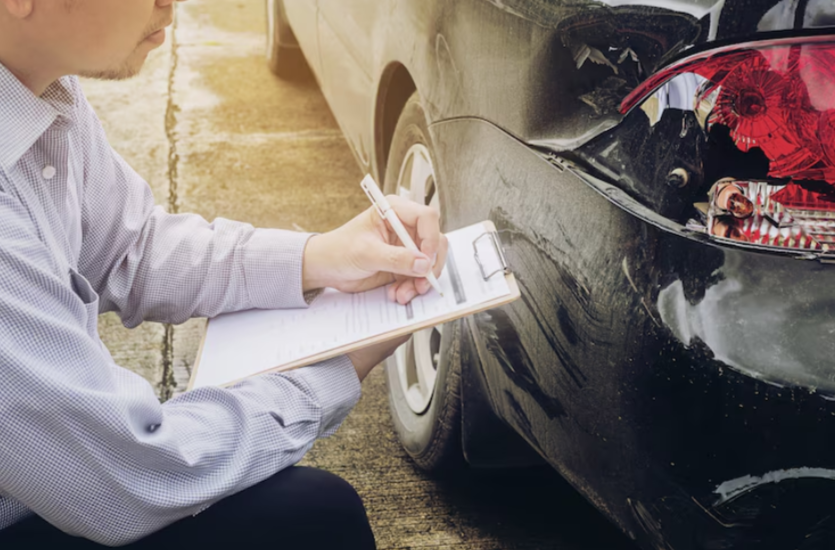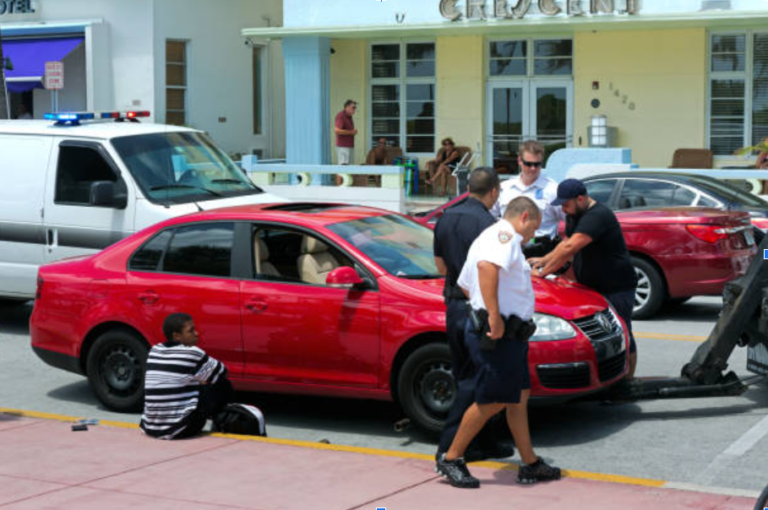Common Questions an Anchorage Lawyer Can Answer You After an Accident

When one is involved in an accident, everything is out of balance. The next minute, you are driving, walking, and continuing with your day. The second is the damage, confusion, maybe pain, and definitely a lot of questions. And to most people, the questions are faster than the answers.
Do you need to talk to the other party’s insurance company? What will occur when your injuries get worse after a few days? What do you do to demonstrate that it was not your fault? What happens when you take too long?
Here, an Anchorage lawyer is not just a legal practitioner. They become a teacher in something that appears to be too much, maybe unfair. Not every question is obvious, but what most people do not understand is that they have many more rights until someone tells them.
These are the most common questions that come after an accident, and how a lawyer can assist in answering them.
Do I need to file a police report?
Technically, it depends. Alaska law requires a crash report if someone is injured, if there’s major property damage, or if a death occurs. But even when it’s not required, documenting the accident can protect you. It’s easy to think, “We exchanged info. It’s fine.” Then weeks later, the story changes.
A lawyer will usually suggest reporting any accident with visible damage or potential injuries. It builds a paper trail early. And that’s useful, especially when memory fades or blame shifts.
How soon do I need to see a doctor?
Preferably, the same day. Or the next, at the latest. Even if nothing seems wrong, minor soreness could be something deeper—soft tissue damage, concussion, or a spinal issue that takes time to develop. Delays create gaps in your medical record, and insurance companies like to use that against you.
People often wait because they’re hoping it’ll go away. But waiting gives the impression you weren’t really hurt. A lawyer will explain that early documentation is less about exaggerating pain and more about protecting the truth of what happened.
Should I talk to the insurance adjuster?
You can. But you don’t have to.
Insurance companies sound polite on the phone. They’re trained to. But their goal is to limit what they pay. Sometimes, they ask friendly-sounding questions designed to get you to admit partial fault or downplay your injuries. It’s subtle. That’s the part most people miss.
An Anchorage lawyer will usually recommend letting them handle the communication. It removes the risk of accidentally hurting your claim just by trying to be cooperative.
What kind of compensation can I ask for?
This depends on the case, but it usually includes:
- Medical expenses (current and future)
- Lost wages
- Pain and suffering
- Property damage
- Loss of quality of life
Some people are surprised to learn they can claim non-economic damages—things like chronic pain, stress, anxiety, or losing the ability to do daily activities. It’s not always about broken bones. It can be about what the injury took away, even temporarily.
A good lawyer looks beyond the obvious. They might ask how your sleep has been. Whether you’ve needed help driving. If your relationships have changed, these are real damages, even if they don’t come with a receipt.
What if I were partially at fault?
Alaska follows a pure comparative fault system. That means even if you were 20%, 40%, or even 90% at fault, you can still recover damages. Your compensation just gets reduced by your percentage of responsibility.
Let’s say you were found 30% at fault. If your total damages were $50,000, you could still receive $35,000. A lawyer helps make sure the fault percentage is based on facts, not assumptions.
This is one of the more misunderstood parts of Alaska law. People often think being “partly” responsible means they’re out of luck. That’s not true.
How long do I have to file a claim?
In Alaska, the statute of limitations for most personal injury claims is two years from the date of the accident. After that, your case could be dismissed—even if it’s strong.
But waiting too long has other effects. Witnesses forget. Records get harder to find. And if the other side senses you’re unsure or disorganized, they’re more likely to push for a low settlement or drag the case out.
Lawyers don’t just file paperwork. They help set the pace and keep the pressure where it belongs.
What if the other driver doesn’t have insurance?
This happens more than people realize. If you carry uninsured/underinsured motorist coverage (UM/UIM), your own insurance may step in to help. But getting paid from your own policy isn’t always straightforward. Your insurer might treat you like the opposing party. Disputes over coverage limits, medical necessity, or fault still happen.
A lawyer can review your policy, explain what’s covered, and fight back if the insurance company resists.
Is it possible to settle without going to court?
Yes. In fact, most cases settle before trial. Going to court is time-consuming, expensive, and unpredictable for everyone involved.
But the threat of court is often what motivates the other side to negotiate fairly. Having a lawyer signals that you’re serious. That you understand the process. And that you’re not going to be pushed into accepting less than you deserve.
Still, some cases do end up in court. And if that happens, it’s better to have someone who’s been there before.
See Also: The Use of Detection Technology to Combat Synthetic Media
Final thoughts
After an accident, legal questions come fast and pile up quickly. It’s not just about suing someone or filling out forms. It’s about knowing your rights, understanding what you’re owed, and not making decisions in a rush.
Whether you’re dealing with an uncooperative insurance company, unsure about fault, or just don’t know what steps to take, an Anchorage lawyer can help clear the fog.
You don’t need to have all the answers. You just need someone who knows where to look for them.





